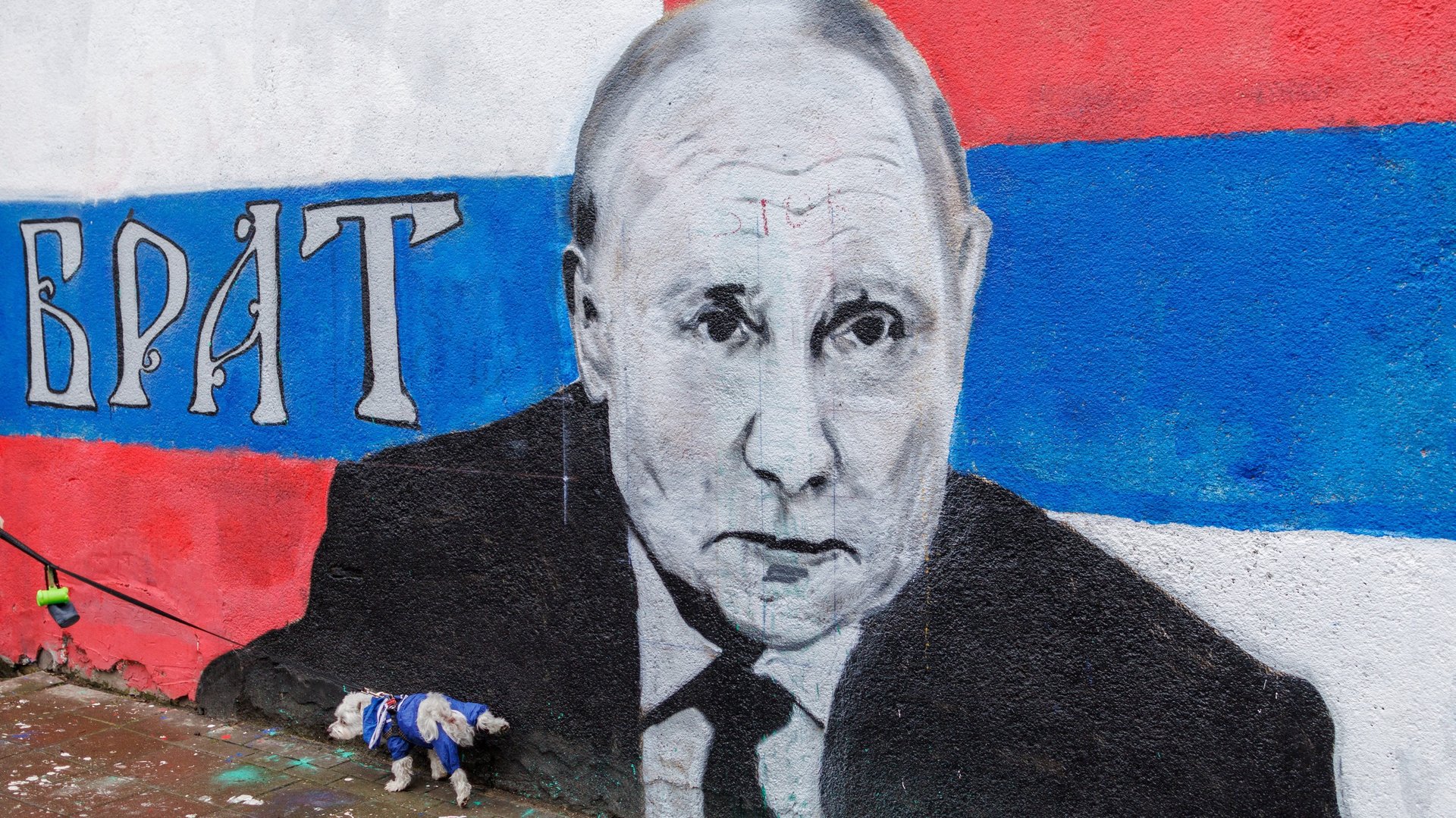The ruble has bounced back. Are sanctions not working?
Barely a month after the West imposed heavy sanctions on Russia, the ruble has bounded back up against the US dollar, to levels last seen before the invasion of Ukraine. It prompts the question: Why isn’t the ruble feeling the pain? Are sanctions not working?


Barely a month after the West imposed heavy sanctions on Russia, the ruble has bounded back up against the US dollar, to levels last seen before the invasion of Ukraine. It prompts the question: Why isn’t the ruble feeling the pain? Are sanctions not working?
Part of the reason behind this rebound is that Russian authorities are doing plenty to boost the ruble—”a lot of manipulation,” as Anthony Blinken, the US secretary of state, said on Sunday (Apr. 3). ”People are being prevented from unloading rubles… That’s artificially propping up the value.” But these capital controls are unsustainable for an indefinite period of time, Blinken added. “I think you’re going to see that change.”
High energy prices are pushing the ruble up
Additionally, the soaring prices of oil and gas have meant the value of Russia’s exports has risen, said William Jackson, the chief emerging markets economist at Capital Economics, a research firm in London. “At the same time, the impact of sanctions has caused domestic demand and imports to weaken sharply,” Jackson said. “So Russia’s trade and current account surpluses are probably increasing dramatically, creating demand for rubles.” As long as energy prices stay high—and as long as Russia keeps most of its oil and gas customers—the ruble will likely continue to be pushed upwards, Jackson said.
But these factors may yet change. Germany, France, and other big European purchasers of Russian gas are facing pressure from Russia to make payments in rubles, a move that would prop the currency up even more. If they refuse, and if Vladimir Putin does indeed follow through on his threat to cut them off, that sudden halt in payments will hit the ruble hard.
The ruble’s value is also not the best barometer of how effective the sanctions are. “Irrespective of the moves in the ruble, the sanctions are hurting Russia’s economy hard,” Jackson said. “Inflation is already surging, the banks are under strain and financial conditions have tightened dramatically.”